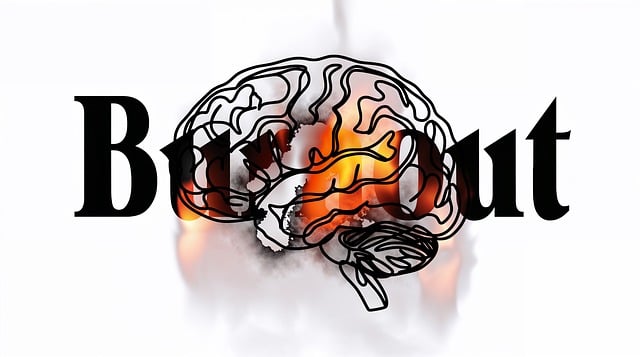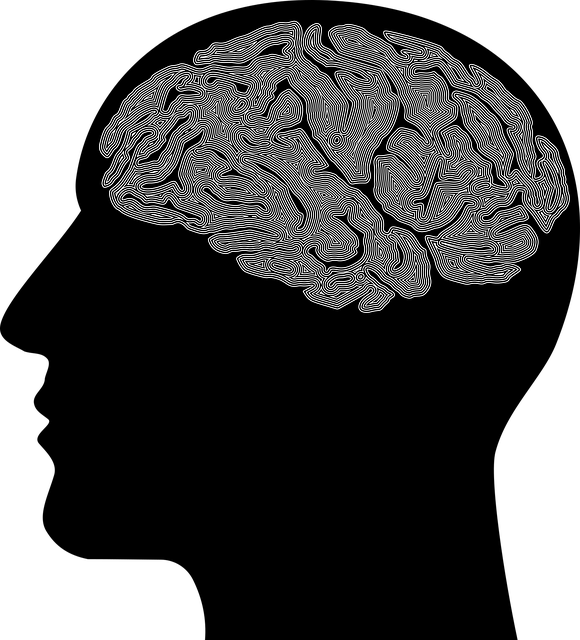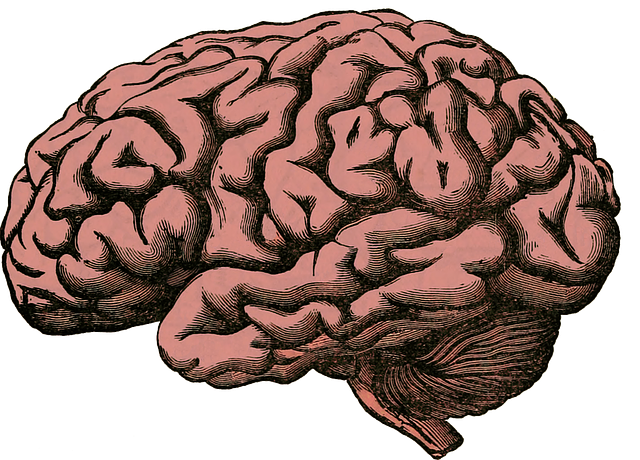Mental health professionals treating complex conditions like PTSD face significant risks, with Lafayette Post-Traumatic Stress Disorder (PTSD) therapy presenting unique challenges. Comprehensive risk assessment is crucial for client safety and emotional well-being. Cultural sensitivity, inner strength development through therapy and community outreach programs, self-care practices, and evidence-based treatments are key strategies to mitigate these risks. By integrating trauma-informed practices, psychological evaluations, and burnout prevention, therapists create supportive environments tailored to individual needs, empowering clients to manage stressors effectively and overcome adversity. Case studies in Lafayette PTSD therapy offer practical insights into resilience building and emotional healing processes, underscoring the importance of proactive risk management.
Mental health professionals confront a unique set of risks, with Lafayette Post-Traumatic Stress Disorder (PTSD) emerging as a critical consideration due to its prevalence among their client base. This article delves into comprehensive risk assessment, exploring essential tools and techniques for identifying potential hazards. We discuss strategies to mitigate these risks and present case studies highlighting the importance of effective risk management in mental health practice. Understanding and addressing these factors are vital steps towards ensuring safe and impactful therapy.
- Understanding Risk Factors in Mental Health Practice
- Lafayette Post-Traumatic Stress Disorder (PTSD): A Special Consideration
- Comprehensive Risk Assessment: Essential Tools and Techniques
- Mitigating Risks: Strategies for Mental Health Professionals
- Case Studies: Lessons Learned from Risk Management
Understanding Risk Factors in Mental Health Practice

Mental health professionals encounter a myriad of risks and challenges on a daily basis, making it imperative to understand the various factors that contribute to these dangers. Risk assessment is a multifaceted process that involves identifying potential hazards within the therapeutic environment, including those related to specific client populations. For instance, Lafayette Post-Traumatic Stress Disorder (PTSD) therapy presents unique complexities due to the sensitive nature of the disorder and its impact on individuals’ lives.
Cultural sensitivity in mental healthcare practice plays a pivotal role in mitigating risks. Professionals must be adept at navigating diverse cultural contexts, understanding the influence of socio-cultural factors on mental health, and tailoring their approaches accordingly. Additionally, fostering inner strength development through therapeutic techniques can empower both professionals and clients to manage stressors effectively. Implementing community outreach program initiatives further strengthens this process by creating support networks that extend beyond the traditional therapy setting.
Lafayette Post-Traumatic Stress Disorder (PTSD): A Special Consideration

Lafayette Post-Traumatic Stress Disorder (PTSD) presents a unique challenge within mental health practice. Given the prevalence of trauma among individuals seeking therapy, it’s crucial for professionals to be well-equipped in Lafayette PTSD therapy techniques. This involves not only understanding the symptoms and complexities of PTSD but also integrating cultural sensitivity in mental healthcare practice to cater to diverse patient needs. Mental Health Policy Analysis and Advocacy plays a pivotal role in ensuring access to evidence-based treatments, including those specialized for PTSD.
Professionals must engage in regular Self-Awareness Exercises to manage their own potential trauma responses and maintain healthy boundaries. Effective risk assessment involves recognizing the potential for re-traumatization within therapy sessions and implementing strategies to create a safe, supportive environment. By addressing Lafayette PTSD with cultural sensitivity and self-awareness, mental health professionals can provide transformative care that honors the resilience of their clients.
Comprehensive Risk Assessment: Essential Tools and Techniques

Comprehensive Risk assessment is an indispensable tool for mental health professionals, enabling them to proactively identify and mitigate potential risks in their practice settings. By employing a multifaceted approach, therapists can create safer environments that support both clients’ healing journeys and their own emotional well-being. This involves integrating various techniques such as trauma-informed assessments, psychological evaluations, and burnout prevention strategies.
For instance, recognizing the interconnection between Lafayette Post-Traumatic Stress Disorder (PTSD) therapy and risk management is crucial. Therapists must be adept at assessing clients’ resilience, coping mechanisms, and potential triggers to avoid retraumatization. Equally important is prioritizing emotional well-being promotion techniques to foster a supportive atmosphere that reduces burnout risk. Effective risk management planning for mental health professionals involves continuous self-reflection, staying updated with evidence-based practices, and integrating these insights into their clinical decision-making processes.
Mitigating Risks: Strategies for Mental Health Professionals

Mental health professionals are continually navigating complex situations and intense emotions, which can lead to elevated stress levels and potential risks for burnout or even post-traumatic stress disorder (Lafayette Post-Traumatic Stress Disorder Therapy). To mitigate these risks, professionals must prioritize self-care routine development for better mental health. This includes setting clear boundaries between work and personal life, engaging in regular physical activity, maintaining a balanced diet, and ensuring adequate sleep. Additionally, fostering a strong support system within the workplace and seeking supervision or therapy when needed can significantly enhance coping skills development.
Building confidence is another crucial strategy. Mental health professionals can boost their confidence by continuously updating their knowledge base, participating in professional development opportunities, and engaging in peer mentoring. These activities not only reinforce expertise but also foster a sense of competence and resilience. By adopting these strategies, mental health professionals can better manage stress, reduce the risk of burnout, and provide more effective care to their clients.
Case Studies: Lessons Learned from Risk Management

Mental health professionals are constantly navigating complex emotional landscapes, making effective risk management a crucial aspect of their practice. Case studies offer valuable insights into real-world scenarios where professionals have successfully navigated challenging situations, from treating Lafayette Post-Traumatic Stress Disorder (PTSD) Therapy patients to preventing and managing depression.
By examining these cases, practitioners can learn essential lessons in resilience building and emotional healing processes. For instance, understanding the unique challenges faced by individuals with PTSD allows therapists to tailor their approaches, fostering a safe environment that encourages expression and promotes emotional recovery. These case studies serve as a reminder that proactive risk management isn’t just about avoiding crises but also about empowering professionals and clients alike to thrive in the face of adversity.
Mental health professionals must navigate a complex landscape of potential risks, particularly when addressing conditions like Lafayette Post-Traumatic Stress Disorder (PTSD). By understanding risk factors, employing comprehensive assessment tools, and implementing effective mitigation strategies, therapists can ensure safer practices. This article has explored these key aspects, highlighting the importance of thorough risk assessments in managing not only PTSD but also other mental health concerns. Through case studies and learned lessons, it’s evident that proactive risk management is a game-changer, fostering healthier work environments for professionals and more effective therapy outcomes for clients.













